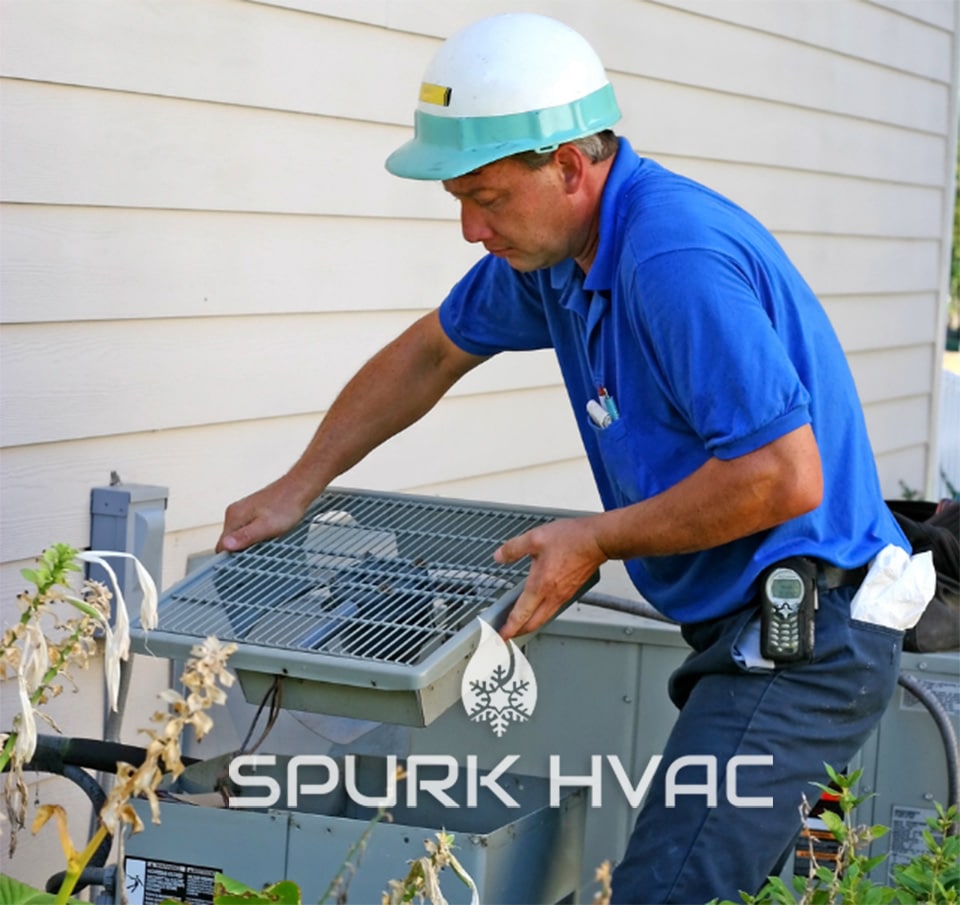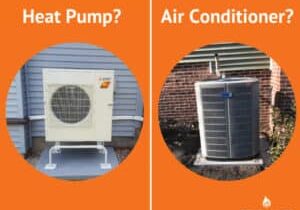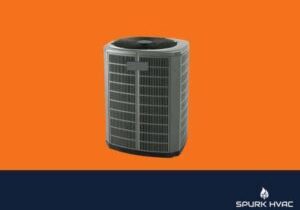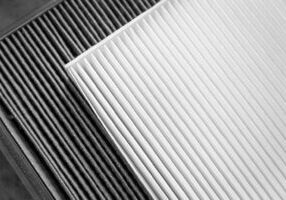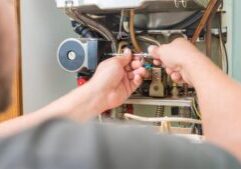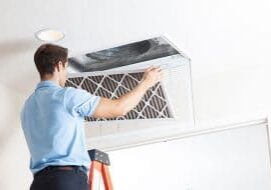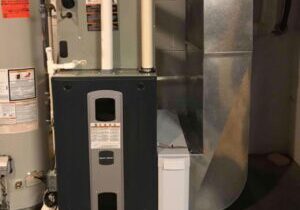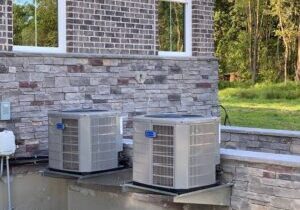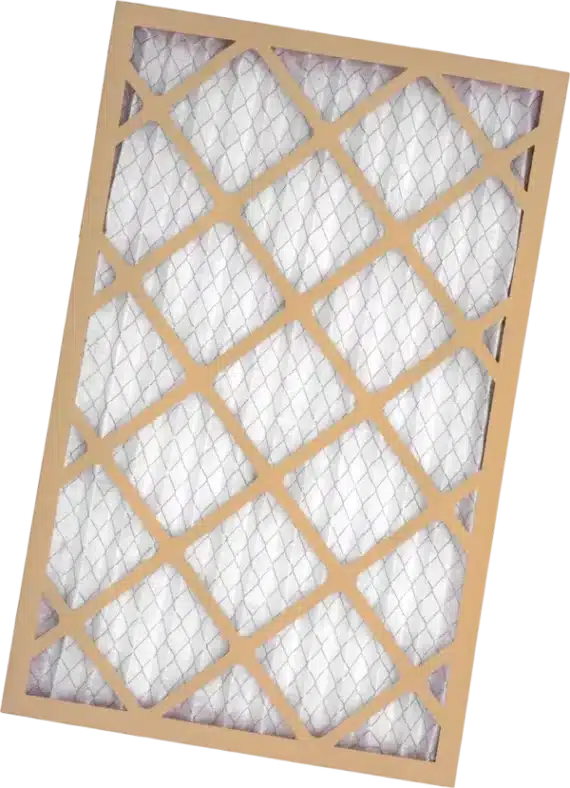You like the idea of reducing your home heating bills, but you’ve probably noticed a significant price difference between the medium- and high-efficiency furnaces. Are you wondering whether a high-efficiency furnace is worth the extra cost?
Let’s explore whether or not a high-efficiency gas furnace makes sense for your home.
Furnace Efficiency (AFUE)
The efficiency of a furnace is measured by its Annual Fuel Utilization Efficiency (AFUE) rating. The higher the AFUE rating, the more efficient the furnace is. A furnace with an AFUE rating of 95% will require significantly less fuel to heat your home than a unit with an 80% AFUE rating. While higher-efficiency furnaces cost more upfront, they allow homeowners to save money on heating costs every year. Essentially, these furnaces can pay for themselves in savings.
How much could a high-efficiency save? Checkout the AFUE savings calculator!
In Pittsburgh’s sometimes unpredictable climate, we can see multiple days below 0 degrees during the winter months and an average of 20 degrees during December & January. You are more likely to save money with a high-efficiency furnace. AFUE ratings should always be an important factor when buying a furnace in Pittsburgh or elsewhere in the Commonwealth.
Single-Stage, Two-Stage & Variable-Speed Furnaces
When you’re furnace shopping, you’ll probably notice that each model is a single-stage, two-stage or variable-speed (modulating) furnace. What do they all mean? While the AFUE rating tells you how efficient a furnace is, it is also helpful to understand how furnace technology impacts sticker price, operating cost (efficiency) and comfort.
A single-stage furnace is the simplest furnace, as it only has one flame setting. It’s either on or off; there’s no ‘low’ or ‘medium’ setting. This simple furnace costs less than complex models, but it has a few big downsides. Single-stage furnaces allow wide fluctuations in your home’s temperature and they’re less efficient, costing you more.
For example, if your thermostat is set to 68 degrees for a single-stage furnace, your home’s air temperature may drop as low as 64 before the furnace kicks on. When it does, the single-stage furnace might heat the air as high as 72 degrees before turning off. That’s a big temperature swing that you didn’t call for on your thermostat.
A two-stage furnace has two heat settings, ‘low’ and ‘high,’ giving it greater efficiency than a single-stage model. It also provides better comfort. A two-stage furnace will have a higher price tag than a comparably sized, single-stage furnace.
If your thermostat is set to 68 degrees, a dual-stage furnace will probably allow it to drop as low as 66 before it kicks on. It will heat your air a bit higher than your set point of 68, perhaps as warm as 70.
A variable-speed furnace (or modulating furnace) is the most efficient and most comfortable furnace. It changes its heat setting in small increments, often by small percentage points. Meaning your home’s air temperature rarely varies more than a degree or two from your thermostat settings!
If your thermostat is set to 68 degrees, a modulating system will work to keep your home at a consistent 68 degrees. If there is a fluctuation, the modulating system can automatically adjust to the change in ambient temperature and adjust itself to meet the need of keeping your home at the set 68 degrees.
Of course, the advanced technology means a modulating or communicating furnace costs more than single- or two-stage models. But remember, you may end up offsetting the price difference with better efficiency (using less fuel). If (and how soon) you begin saving money with a high-efficiency furnace may depend on your furnace usage and home size, as well as other key factors.
More Furnace-Buying Factors
Now that we understand how furnace efficiency can pay for itself over the long run – and give you extra comfort – let’s look at some other considerations for determining whether a high-efficiency furnace is worth the money.
Tax credits: Buying a high efficiency furnace can give you a tax credit.
Gas prices: Natural gas prices right now are relatively normal or a bit low when you look at the past 30 years. If natural gas prices increase during the lifetime of your furnace, your savings will be even greater than those we calculated earlier in this article.
Cleaner air: The higher the efficiency of your furnace, the fewer greenhouse gas emissions your home generates. Cleaner air is something we all benefit from, including future generations.
The Best Part
If you replace your outdated furnace you’ll probably improve efficiency no matter what. Unless you replace a single-stage 80% furnace with a virtually identical unit, there are definitely efficiency gains to enjoy. Even upgrading to a two-stage unit is a major change if you’re used to a standard 80% furnace!
So, should you go for the higher AFUE percentage with your next furnace? You might not have to. And if you do, you’ll probably love it.
About Spurk HVAC
Spurk HVAC was formed in 2018 and is located in Warrendale, Pennsylvania. We proudly serve Cranberry Twp., Wexford, Gibsonia, Mars, and the surrounding areas. We are an American Standard Customer Care Dealer and a Mitsubishi Diamond Contractor. We service all makes and models. Please contact us if you are seeking heating repair, heating system replacement, air conditioner repair, air conditioning maintenance, air conditioning replacement, or any other heating & cooling services. Whether you are looking for residential or commercial HVAC services, we look forward to any and all opportunities to become your preferred HVAC contractor.



